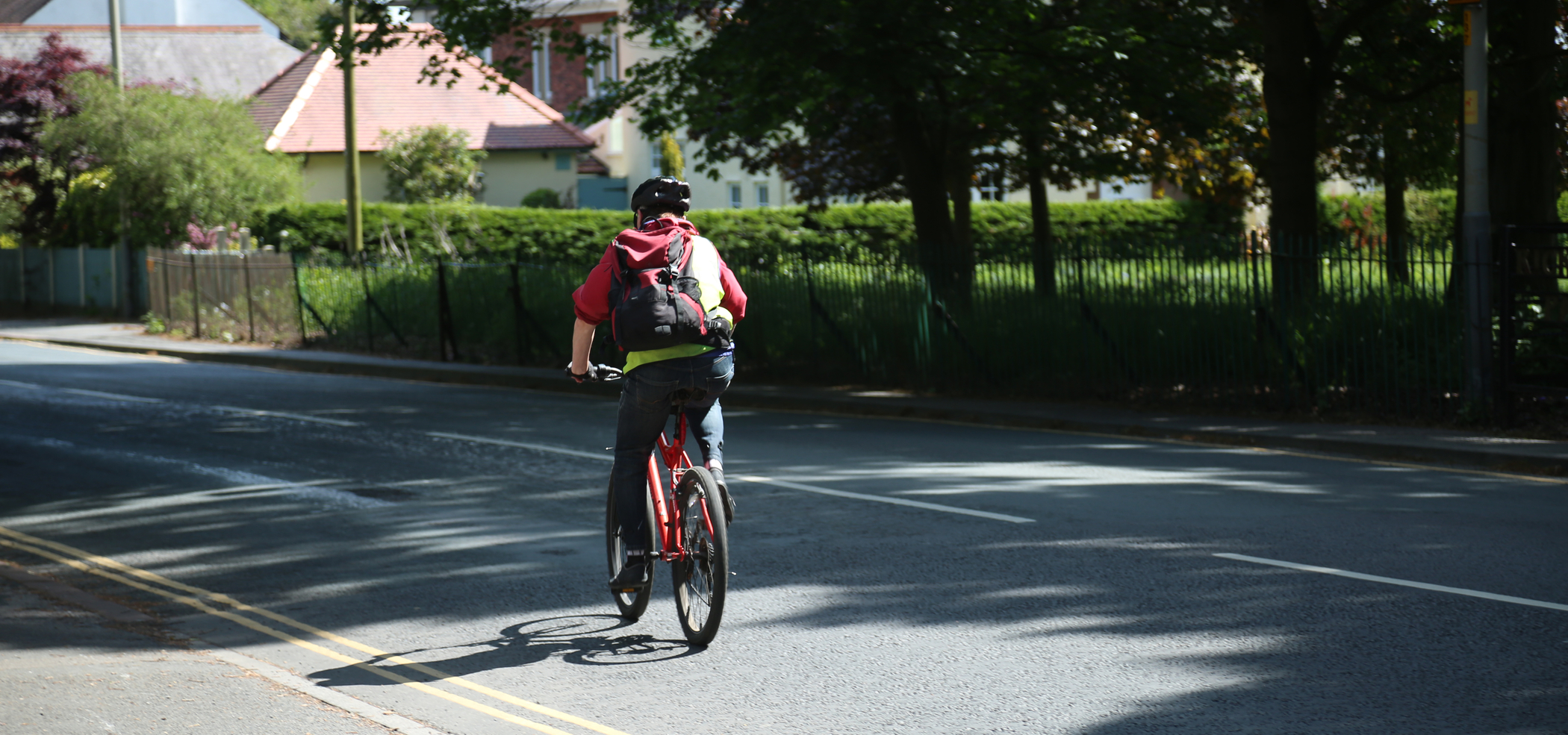.jpg)
Introduction
Radiography, the art and science of capturing images of the human body using radiation, is a vital field in the healthcare industry. Radiographers play a crucial role in assisting medical professionals to diagnose various conditions. If you have an interest in healthcare, technology and working directly with patients, a career as a radiographer might be an ideal choice for you. In this blog post, we will guide you through how to become a radiographer and shed light on this rewarding and fulfilling profession.
What is a radiographer?
A radiographer is a highly skilled healthcare professional who specialises in medical imaging techniques. Radiographers work closely with patients, physicians, and other members of the healthcare team to capture and interpret images of the human body using various imaging technologies such as X-rays, CT scans, MRIs and ultrasounds.
Diagnostic radiographers are responsible for positioning patients, operating complex imaging equipment, ensuring image quality, and maintaining detailed patient records. They play a vital role in assisting in the diagnosis of medical conditions by producing accurate and high-quality images that aid in the identification of injuries, diseases, or abnormalities.
Diagnostic radiographers must possess technical expertise, attention to detail, and excellent interpersonal skills to provide compassionate care to patients while ensuring their safety during imaging procedures.
How much does a radiographer earn?
The salary of a radiographer varies depending on factors such as experience, location and qualifications. On average, a newly qualified radiographer can expect to earn a starting salary of around £24,907 to £30,615 per year. With experience and progression, the salary can range from £31,365 to £44,503 annually. Radiographers also have opportunities for career advancement, which can lead to higher salaries.
It's important to note that these figures are approximate and can vary based on individual circumstances and the specific employer. Additionally, working in certain areas with higher living costs, such as London, may offer higher salaries to compensate for the increased expenses.
How to become a radiographer?
To become a radiographer, a degree in radiography is typically required to gain the necessary theoretical knowledge, practical skills, and clinical placements to prepare you for a career as a radiographer.
At the University of Cumbria, our diagnostic radiography degree is the perfect entry route for anyone who is interested in becoming a qualified radiographer. What's more, our health professions courses are 1st in the North West for career prospects according to the Guardian University Guide 2023.
Inspired to become a radiographer?
For more information on our diagnostic radiography course and details on how to apply, visit our course page below. Get ready to embark on a journey of knowledge and growth with the University of Cumbria.
Explore radiography at Cumbria


.jpg)

